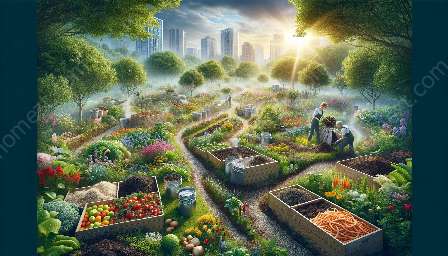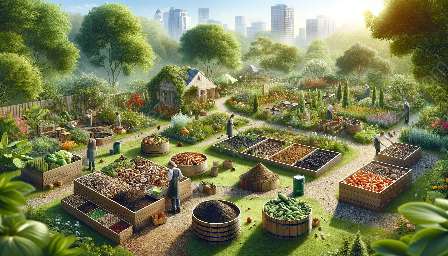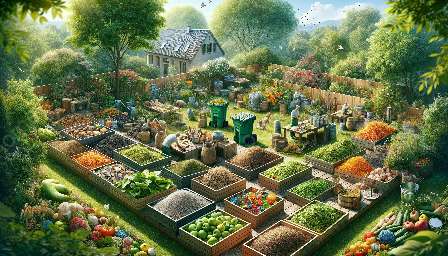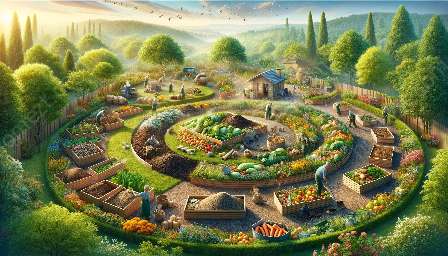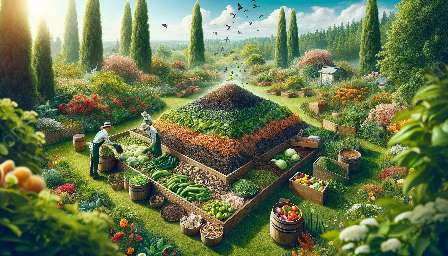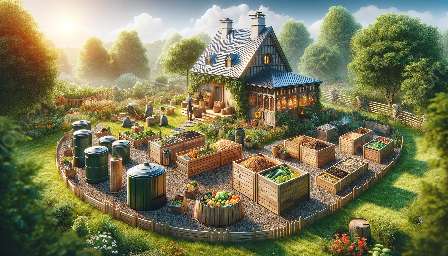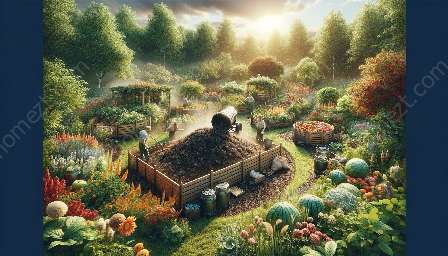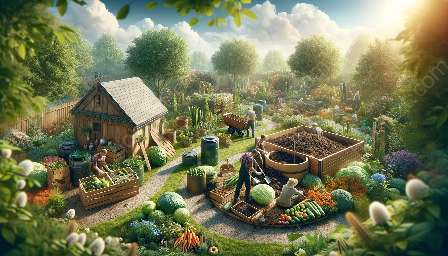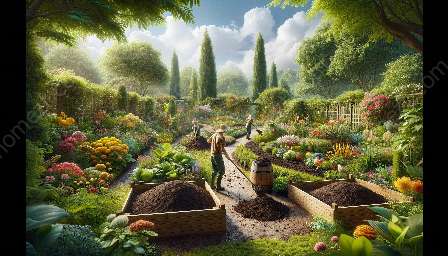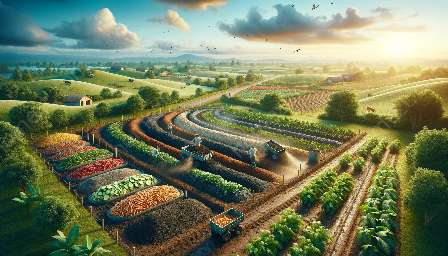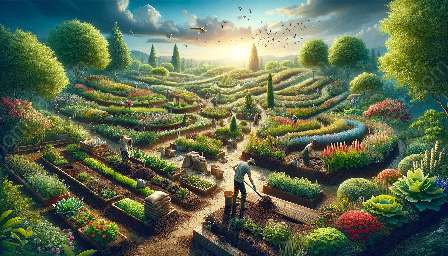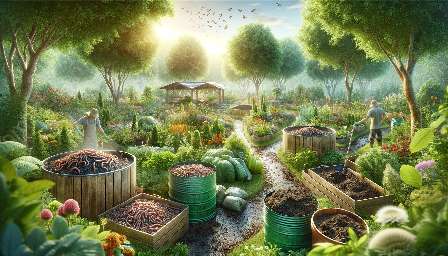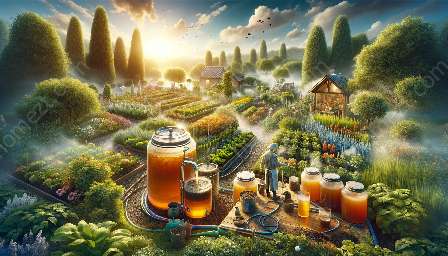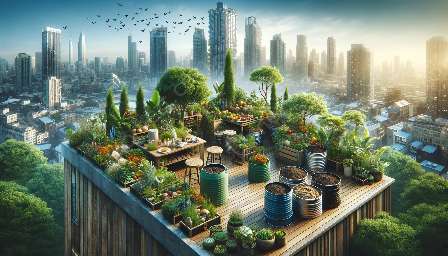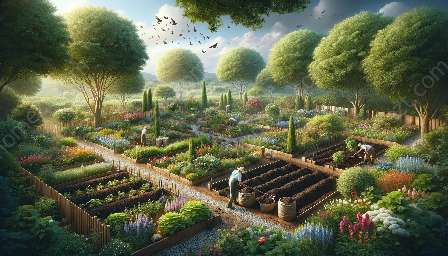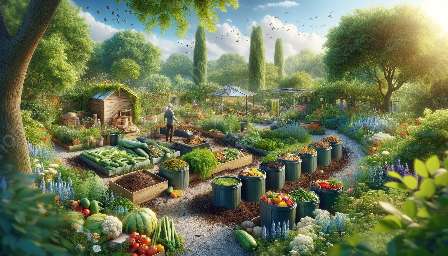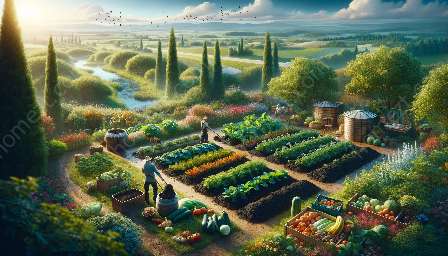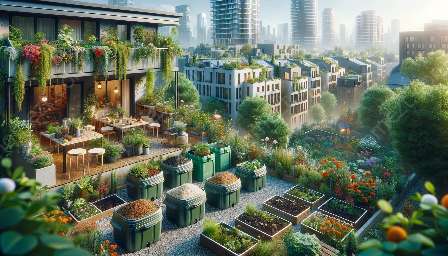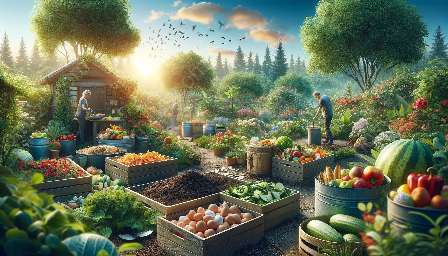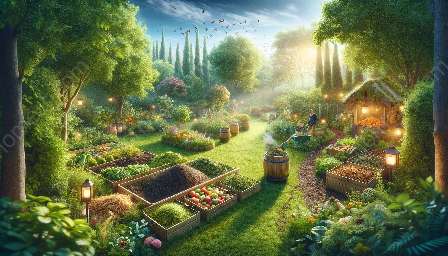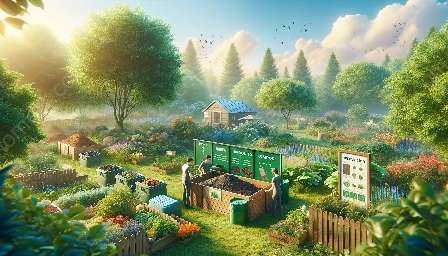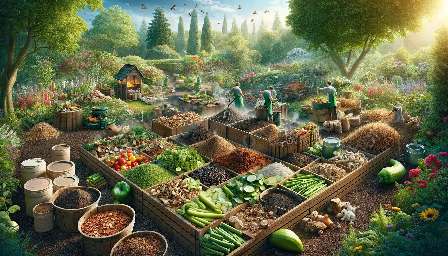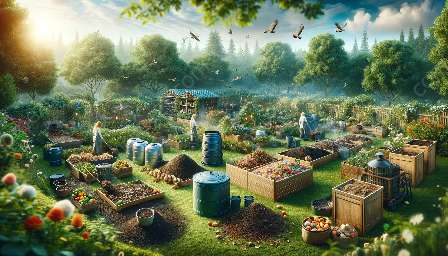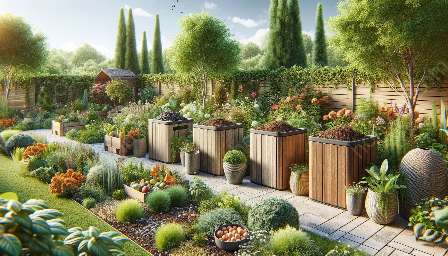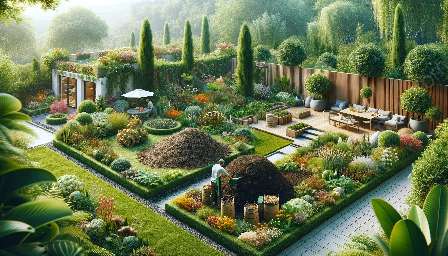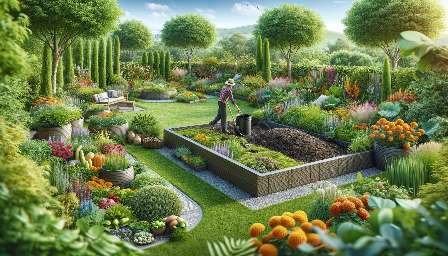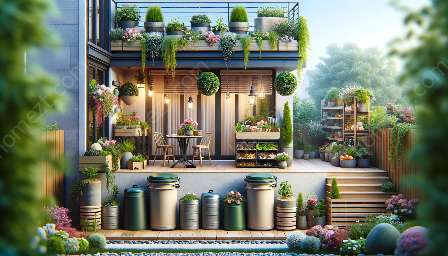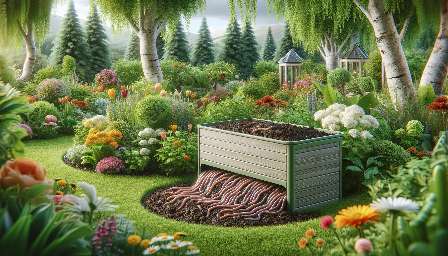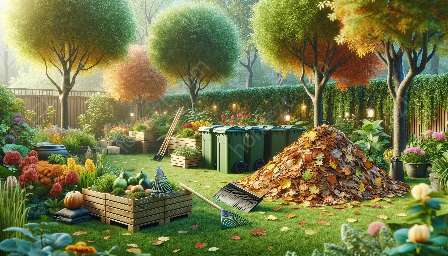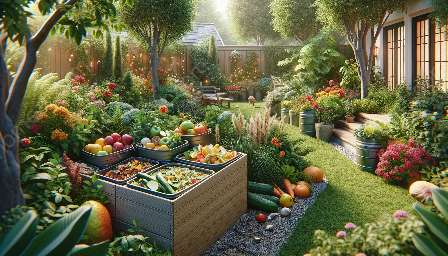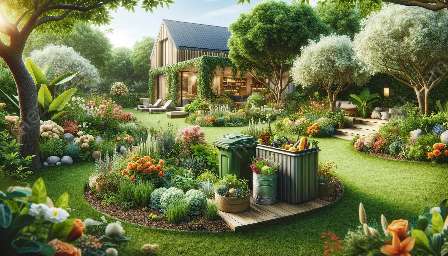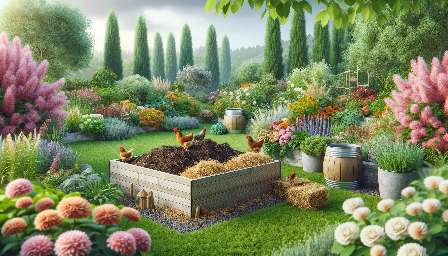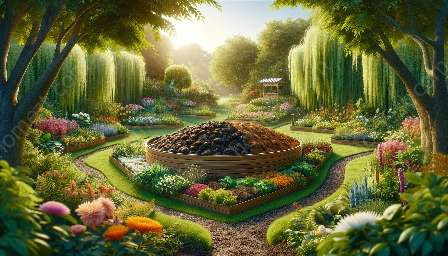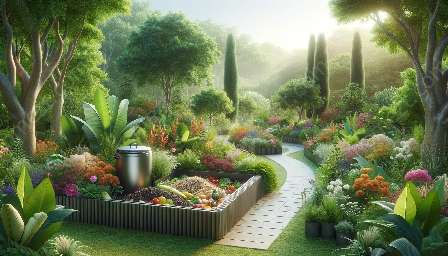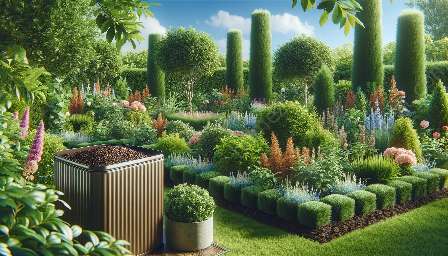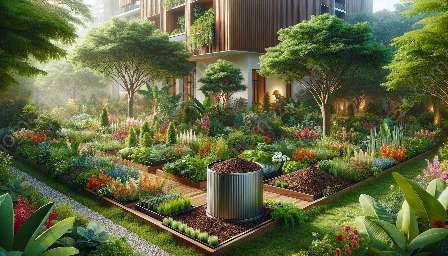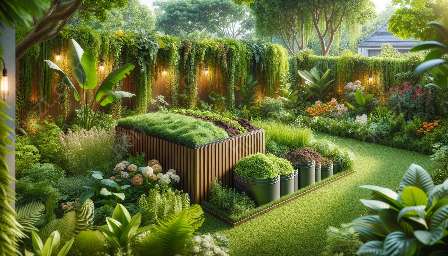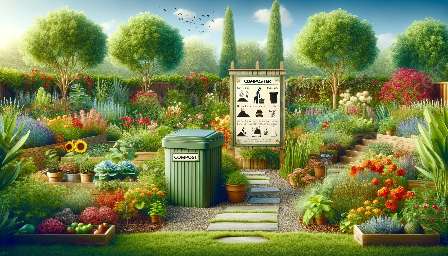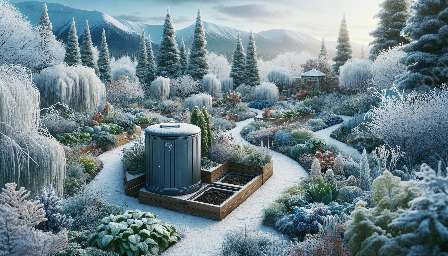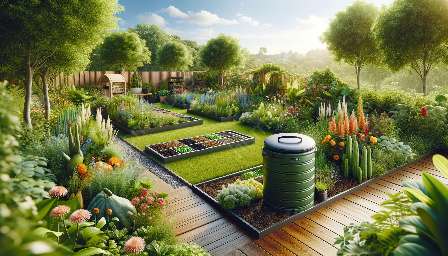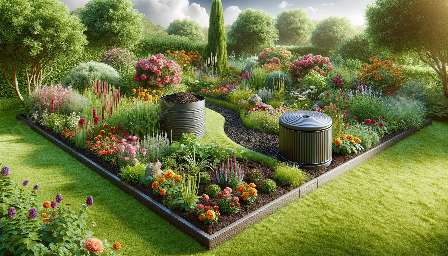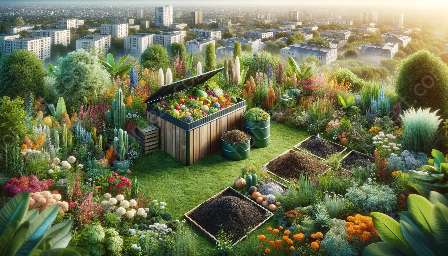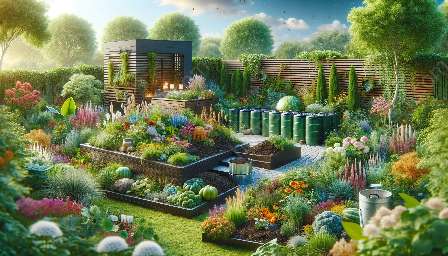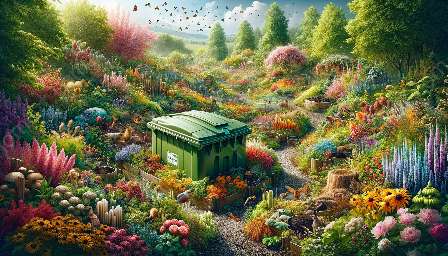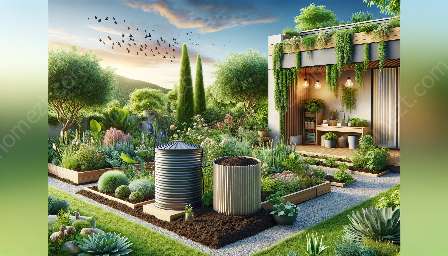Composting is an essential practice for anyone involved in gardening and landscaping. By using the right compost ingredients, you can create nutrient-rich soil that will promote plant growth and enhance the beauty of your outdoor spaces. In this guide, we will explore a wide range of compost ingredients and how they can benefit your composting, gardening, and landscaping endeavors.
The Basics of Composting
Composting is the process of decomposing organic material to create a valuable soil amendment. The basic principles of composting involve providing the right conditions for the breakdown of organic matter by microorganisms, resulting in humus-rich, nutrient-dense compost. Composting is a sustainable practice that not only reduces waste but also improves soil health and fertility, making it ideal for gardening and landscaping purposes.
Essential Compost Ingredients
There are numerous materials that can be used as compost ingredients, each contributing unique benefits to the composting process and the resulting compost. Understanding the properties of each ingredient can help you create a balanced, nutrient-rich compost that will support healthy plant growth.
1. Green Materials
Green materials include nitrogen-rich organic matter such as grass clippings, vegetable and fruit scraps, coffee grounds, and fresh plant trimmings. These materials provide essential nutrients and moisture to the compost, speeding up the decomposition process and contributing to the overall fertility of the resulting soil.
2. Brown Materials
Brown materials are carbon-rich ingredients like dry leaves, straw, shredded paper, and wood chips. These materials help create air pockets within the compost pile, preventing it from becoming too dense and promoting aeration and proper decomposition. Balancing green and brown materials is key to maintaining a healthy compost pile.
3. Composting Additives
Certain additives can accelerate the composting process and enhance the quality of the resulting compost. Examples include compost starter kits, which introduce beneficial microorganisms to the compost, and natural amendments like rock dust, kelp meal, and bone meal, which enrich the compost with additional minerals and nutrients.
Customizing Compost for Gardening and Landscaping Needs
When composting for gardening and landscaping purposes, it's important to consider the specific needs of your plants and the characteristics of your soil. By customizing your compost mix, you can address any deficiencies in your soil and tailor the nutrient content to suit the plant species you are growing.
1. Soil Enhancers
For gardening, consider adding soil enhancers such as worm castings, which are rich in beneficial microorganisms and enzymes that improve soil structure and plant health. For landscaping, incorporate natural mulches like wood chips or straw to conserve moisture and suppress weeds, while also adding organic matter to the soil as they break down.
2. Plant-Specific Composting
Some plants have specific nutrient requirements that can be met through targeted composting. For example, acid-loving plants like azaleas and blueberries benefit from composted pine needles or sawdust, which help lower soil pH. Tailoring your compost to the needs of your plants can lead to healthier, more productive gardens and landscapes.
Final Thoughts
Composting is a valuable tool for creating healthy, fertile soil for gardening and landscaping. By understanding the diverse range of compost ingredients and how they can be tailored to specific needs, you can harness the power of composting to enhance the beauty and productivity of your outdoor spaces.

